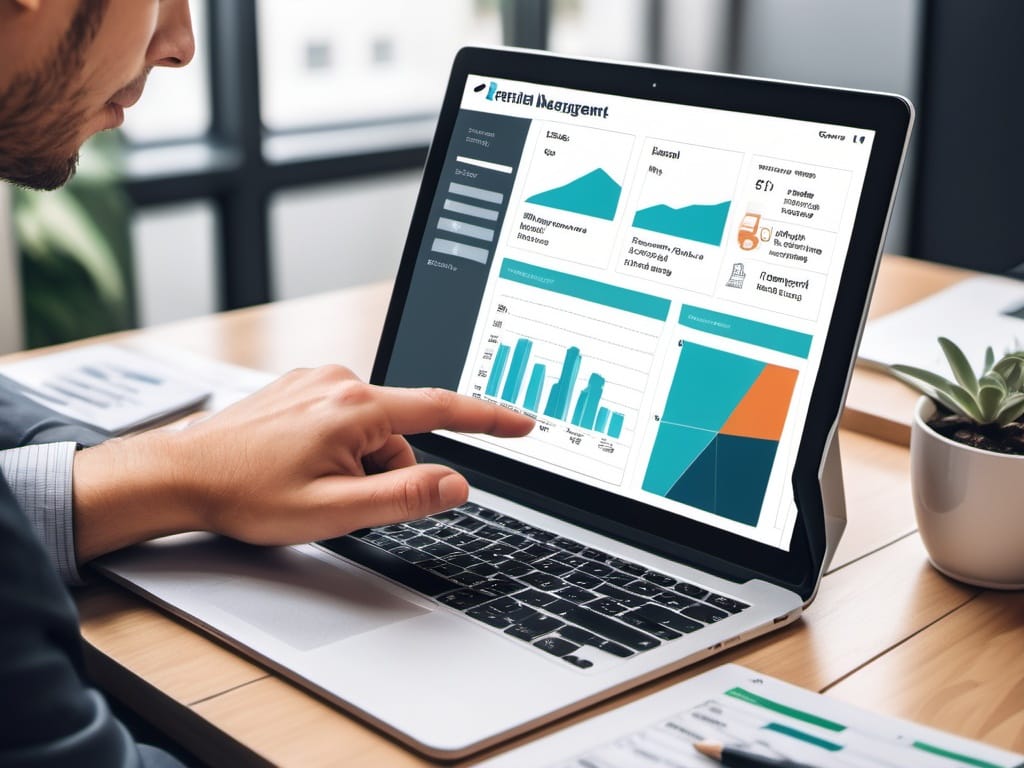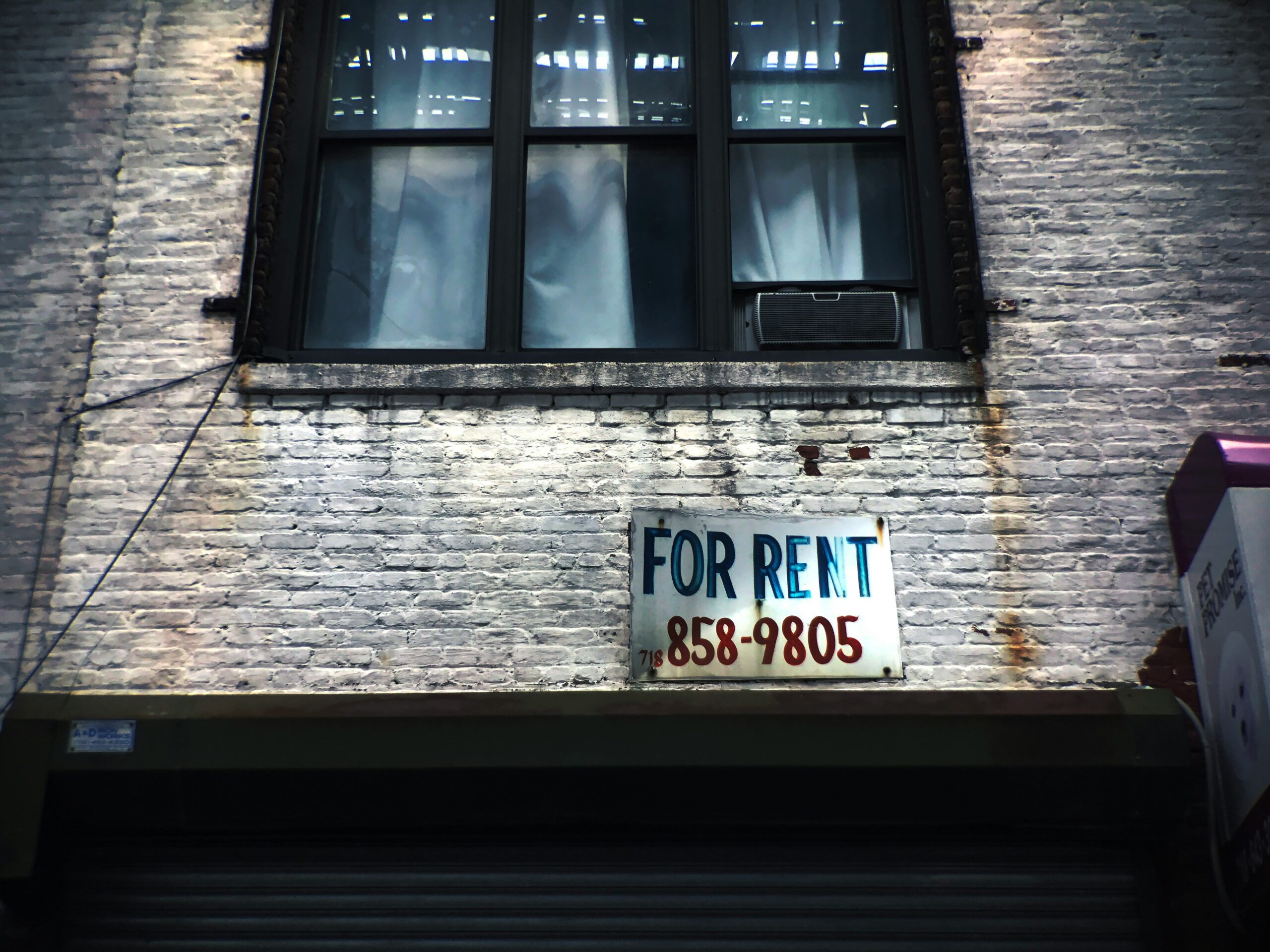The rental industry is constantly evolving, shaped by new technologies, market trends, and customer expectations. Staying competitive requires rental businesses to continually adapt and optimize their management strategies. In this post, we delve into expert perspectives and solutions that can help rental managers stay ahead of the curve.

Rental Management Insights: Expert Perspectives and Solutions
The rental industry is constantly evolving, shaped by new technologies, market trends, and customer expectations. Staying competitive requires rental businesses to continually adapt and optimize their management strategies. In this post, we delve into expert perspectives and solutions that can help rental managers stay ahead of the curve.
1. Understanding Your Market

A crucial aspect of effective rental management is having a deep understanding of your target market. Whether you are renting out properties, vehicles, or equipment, knowing your customers’ preferences and pain points can give you a competitive edge. Here are some key market insights:
- Demographic Analysis: Identify the age, income, and location of your typical renters. For example, young professionals may value convenience and technology-driven solutions, while families might prioritize safety and space.
- Demand Forecasting: Use historical data and trends to predict future demand. For instance, seasonal trends or economic changes can impact the rental market, and having the foresight can help you adjust inventory and pricing accordingly.
- Competitor Analysis: Regularly evaluate what competitors are offering and at what price points. Understand their strengths and weaknesses, and leverage this information to improve your own services.
2. Optimizing Rental Processes through Technology

Technology has transformed rental management, making it easier to streamline operations and improve customer experiences. Here are key technologies that are revolutionizing the rental industry:
- Cloud-Based Management Software: Rental management software helps automate tasks like booking, invoicing, and inventory tracking. This can significantly reduce administrative work and minimize errors.
- Mobile Apps for Renters: Developing a mobile app that allows renters to make reservations, view rental histories, or communicate with customer service can enhance user experience and drive loyalty.
- Predictive Maintenance Tools: For equipment or vehicle rentals, predictive maintenance software can use IoT and sensor data to monitor wear and tear, helping you maintain your fleet proactively and avoid unexpected breakdowns.
3. Enhancing Customer Experience

Customer experience is a key differentiator in any service-based industry. Happy customers are more likely to return and recommend your business to others. Here’s how you can improve customer satisfaction:
- Personalization: Use customer data to provide personalized recommendations or special offers. For example, if you manage vacation rentals, you can suggest local activities or offer discounts on future bookings based on previous stays.
- 24/7 Support and Self-Service Options: Offering round-the-clock customer support, through chatbots or self-service portals, allows renters to get the help they need at any time, boosting satisfaction.
- Streamlined Check-In and Check-Out: In property rentals, providing keyless entry and self-checkout options can save time for both the renter and the property manager, reducing friction during the rental process.
4. Effective Pricing Strategies

Pricing can make or break a rental business. Too high, and you risk losing customers; too low, and you leave money on the table. Here are some pricing strategies to consider:
- Dynamic Pricing: Similar to airlines and hotels, dynamic pricing adjusts rental rates based on demand, availability, and market conditions. For instance, peak season or last-minute bookings could command higher rates.
- Competitive Pricing Analysis: Use tools to monitor competitor prices in real time. Being aware of local market trends will allow you to adjust your pricing to remain competitive.
- Bundling Services: Offering bundled services, such as cleaning or insurance, at a discounted rate can increase your revenue per transaction while offering more value to the customer.
5. Maintaining and Protecting Assets

For any rental business, whether it’s property, vehicles, or equipment, proper maintenance is critical to ensuring long-term profitability. Here are key insights:
- Regular Inspections: Implementing regular, scheduled inspections can help you identify and address minor issues before they turn into costly repairs or liabilities.
- Insurance Coverage: Ensure your rental business and assets are adequately insured. This not only protects you in the event of damage but also gives peace of mind to renters, who are more likely to rent from businesses with clear coverage policies.
- Documentation and Records: Maintain detailed records of all maintenance and repairs for your rental assets. This can serve as protection against disputes or legal challenges.
6. Legal and Compliance Considerations

Staying compliant with local laws and regulations is essential for protecting your rental business. Here are some areas to focus on:
- Rental Agreements: Ensure that your rental agreements are comprehensive and legally binding. Clearly outline terms, conditions, liability, and insurance requirements to avoid misunderstandings.
- Licensing and Permits: Different regions may require various licenses or permits to operate a rental business. Make sure your business is in full compliance with local regulations.
- Privacy and Data Security: With the growing use of digital platforms and apps, it is essential to protect customer data. Implement strong data security practices to prevent breaches and comply with data protection laws like GDPR or CCPA.
Conclusion
Effective rental management requires a balance of market insight, technological adoption, customer service excellence, and legal compliance. By following these expert strategies, rental businesses can enhance their operational efficiency, increase customer satisfaction, and ensure long-term success.


